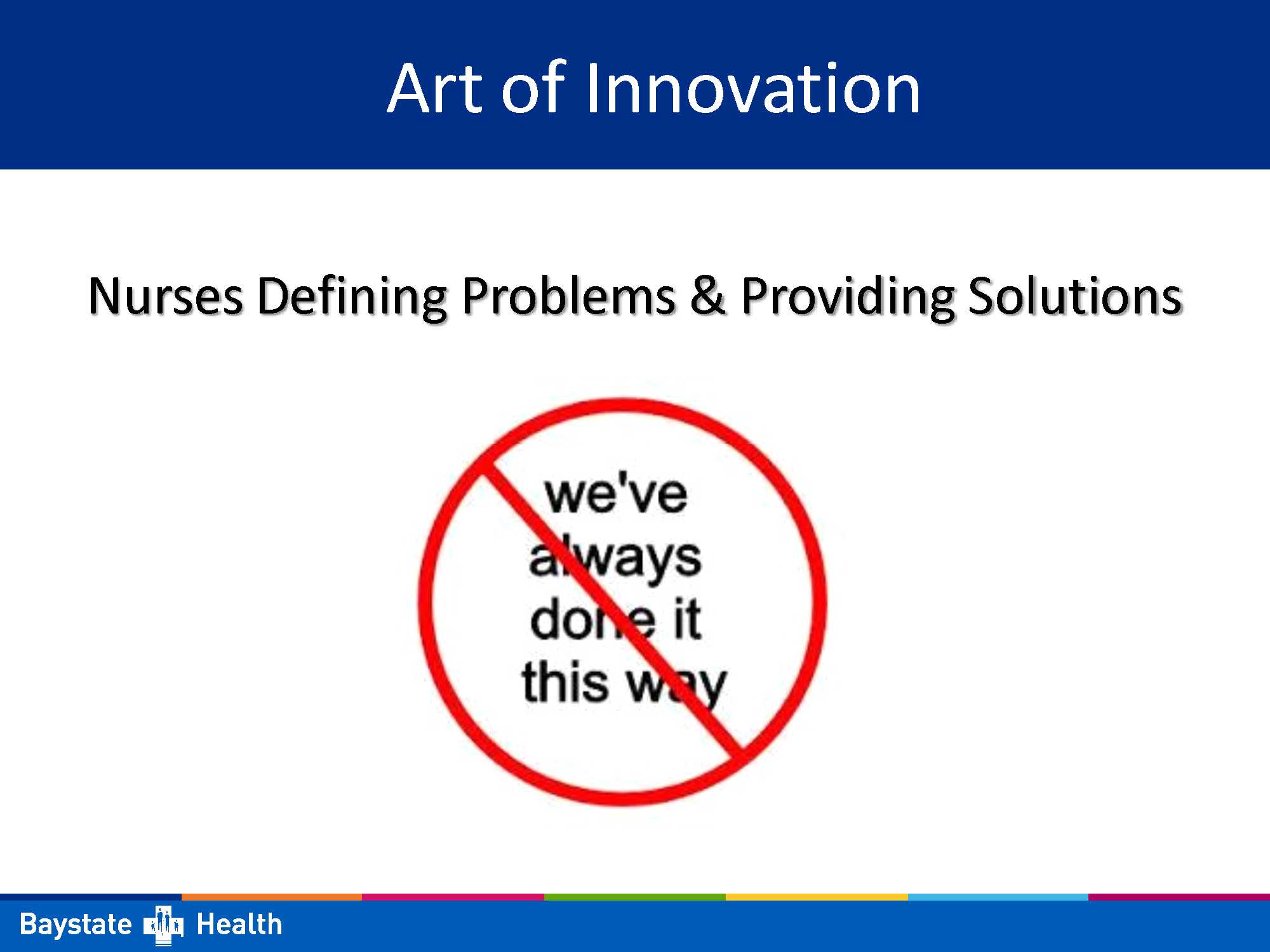Preview

Creation Date
10-2017
Description
The purpose of this project is to develop an evidence-based standardized Registered Nurse (RN) witness process for the initial administration of Alteplase in vascular patients. Alteplase (tPA; tissue plasminogen activator) is a thrombolytic agent used in cases of acute stroke and lower extremity ischemia. Alteplase is a high-risk, low frequency medication with serious adverse reactions. If administered incorrectly, adverse effects can be severe, even life-threatening. Currently, there is no formal witnessing process. Previous work has failed to address best practice in witnessing Alteplase administration. Literature certainly shows that quality improvement programs have been shown to decrease the rate of protocol deviations, even in the setting of increased Alteplase use. Possible Alteplase errors include prescription errors, reconstitution errors, dispensing errors, and/or administering errors. Notably, other healthcare institutions have implemented dose witnessing in their stroke protocols. Massachusetts General Hospital states the nurse must verify the bolus dose, infusion dose, and discard dose with the Stroke Neurologist. By following the Iowa Model for Evidence-Based Practice (2001), the authors’ proposed witnessing process will be implemented in the Heart and Vascular Operating Room and CARE settings. Retrospective chart and pharmacy record audits will be conducted. The data collected from this practice change will be presented the following year. This change in practice will serve as a quality improvement project focused on best practice, patient safety, evidence-based research, and increased nursing knowledge. This Art of Innovation project supports the Baystate Health 2020 Mission. Together, we will achieve best practices while setting the standard for clinical excellence.


